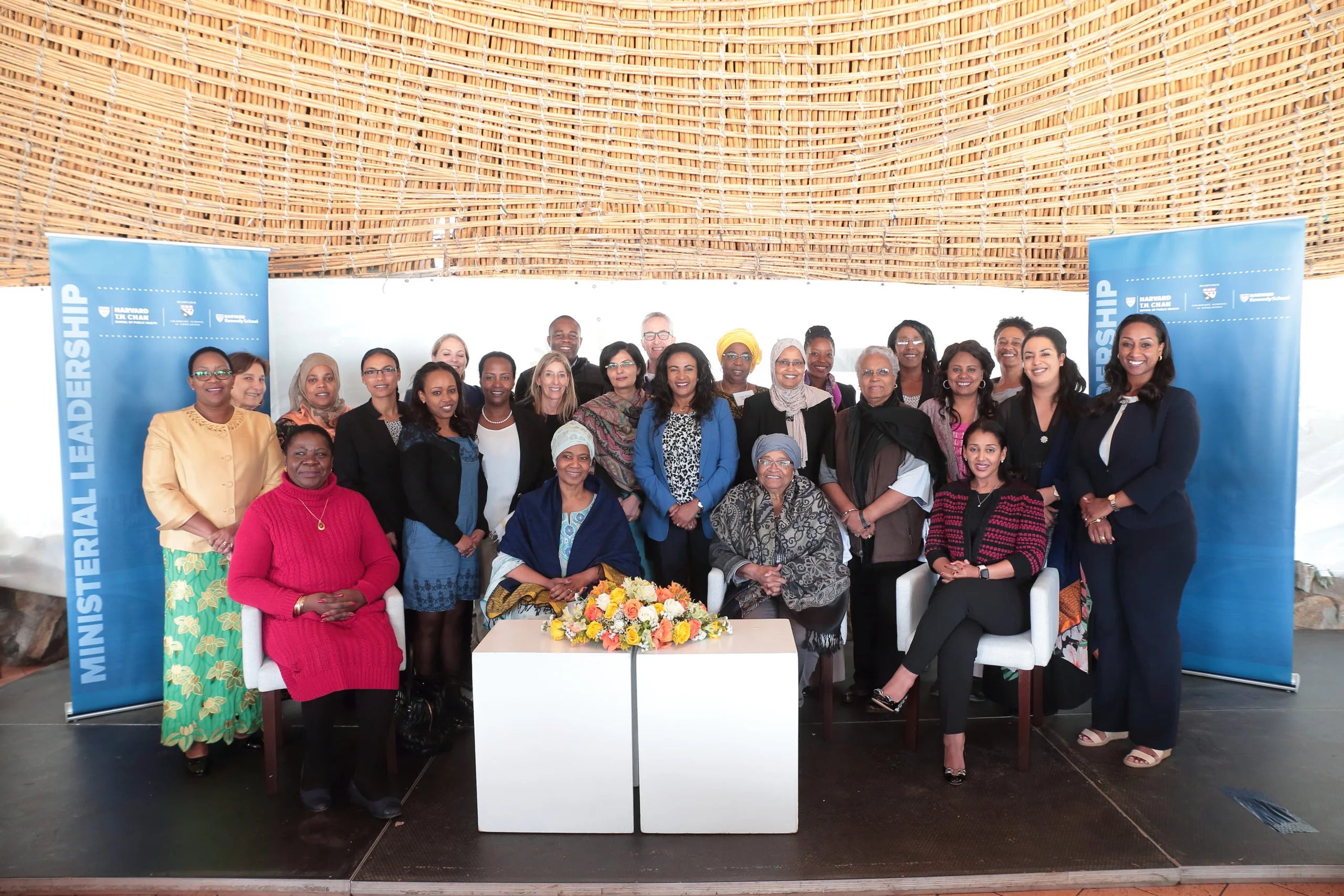“Our women ministers will disprove the old adage that women can’t lead.” In October 2018, Ethiopian Prime Minister Abiy Ahmed announced his decision to appoint women to half of his government’s ministerial posts establishing equal gender representation in the Ethiopian government cabinet for the first time.
This move was not just symbolic. Ethiopia is an historically patriarchal society that “suffers from some of the lowest gender equality performance indicators in sub-Saharan Africa,” according to UN Women. However, it was also momentous on a global level since as of December 2018, the global participation rate of women in federal government posts is merely 24.1%.
In any country’s history, opportunities to significantly change norms do not occur often and so to ensure the most was made of this moment, Prime Minister Ahmed requested the support of the Harvard Ministerial Leadership Program to conduct a unique Strategic Leadership Retreat for the newly appointed women ministers in his cabinet. To inform the curriculum of this Retreat, Executive Director Dr. Michael Sinclair and Dr. Karima Ladhani traveled to Addis Ababa, Ethiopia to conduct informational interviews with ministry officials, gender experts, citizens, and the women Ministers themselves. Based on this exploratory research, it was determined that the goal of the Retreat would be to share the Ministerial Leadership Program’s approach to operationalizing and implementing ministerial legacy, with a cross-cutting focus on government in transition, gender dynamics, and institutionalizing change.
In August 2019, women ministers in the cabinet of Ethiopia convened together for two days in Bishoftu outside Addis Ababa, to participate in the Harvard Ministerial Strategic Leadership Retreat. Joining participants was a resource group of renowned women leaders from around the world including H.E. Ellen Johnson Sirleaf, former President of Liberia; Phumzile Mlambo-Ngcuka, UN Under Secretary General; and Rt. Hon. Luisa Diogo, former Prime Minister of Mozambia. The Retreat began with remarks from Ethiopian President, H.E. Sahle Work Zewde and continued on with practical sessions on legacy development, strategic leadership, and policy delivery as well as opportunities for peer-learning on topics such as work-life balance, fear, and change management.
Leadership Retreat. Joining participants was a resource group of renowned women leaders from around the world including H.E. Ellen Johnson Sirleaf, former President of Liberia; Phumzile Mlambo-Ngcuka, UN Under Secretary General; and Rt. Hon. Luisa Diogo, former Prime Minister of Mozambia. The Retreat began with remarks from Ethiopian President, H.E. Sahle Work Zewde and continued on with practical sessions on legacy development, strategic leadership, and policy delivery as well as opportunities for peer-learning on topics such as work-life balance, fear, and change management.
In reflecting on the value of the Retreat, ministers highlighted the group discussions to facilitate experience sharing as well as the concepts of legacy, work-life balance, and strategic leadership for delivery as being particularly useful. They also noted appreciation for the unique design of the Retreat and delivery of the curriculum content.


